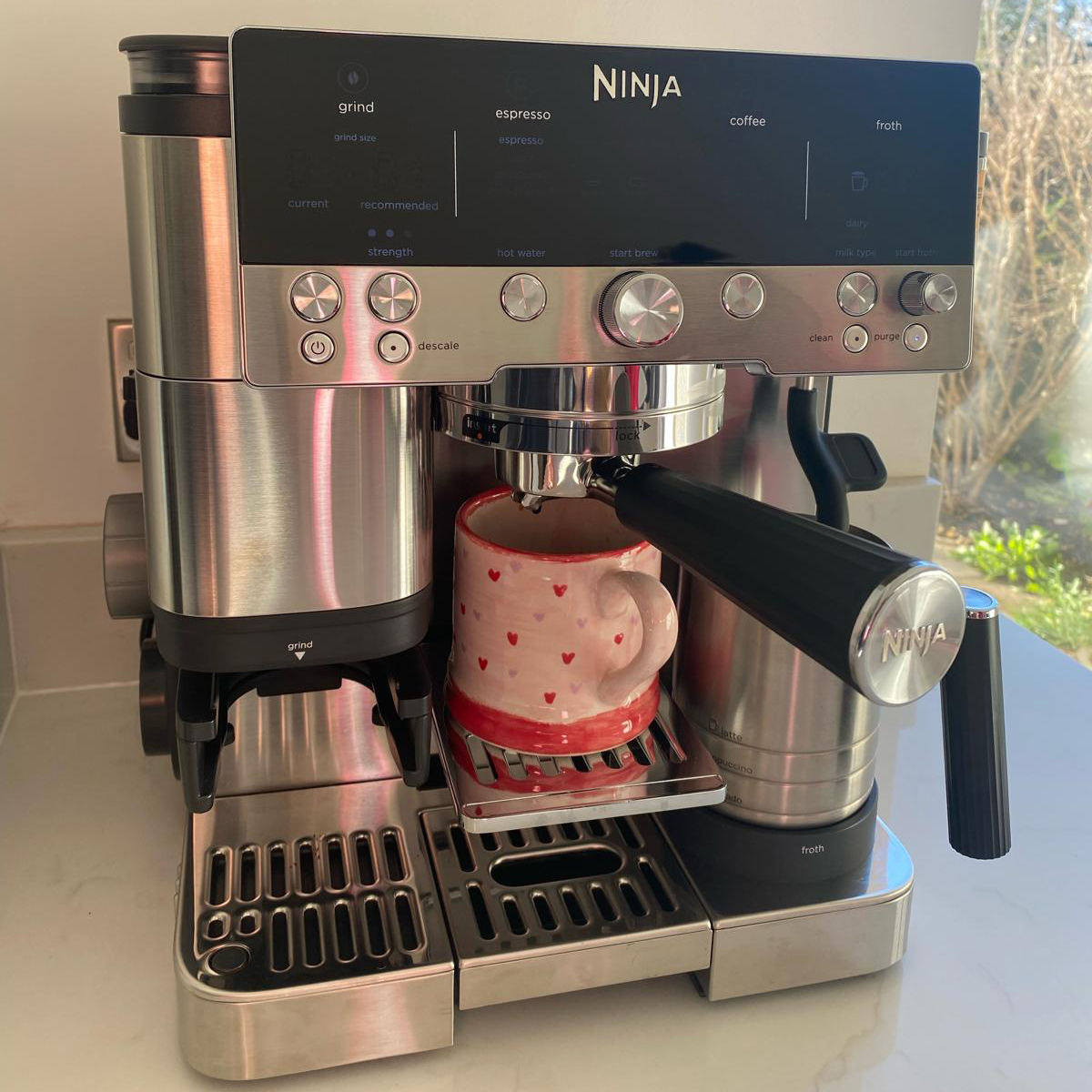Endowment mortgages – are they still available?
You may have had an endowment mortgage in the past, or heard of someone who had one, but why aren’t they available now? We explain
Homebuyers snapped up endowment mortgages in the 1980s and 1990s, lured by low repayments and investment plans to repay their debt, but these deals failed to live up to salesmen’s promises.
These interest-only mortgages came with an endowment policy attached that was meant to provide enough to repay the loan at the end of the term. But ultimately, endowment mortgages resulted in an enormous mis-selling scandal when millions of people found that they faced a shortfall.
Here’s what you need to know about endowment mortgages, and what the alternatives are to these now. If you’re in the market for a mortgage, make sure you check out our guide to getting the best mortgage rate.
Can you still get endowment mortgages?
No, you cannot get an endowment mortgage following the mis-selling of these products, as years of bad press saw them consigned to history.
Chris Sykes, mortgage consultant at broker Private Finance, says: 'The product in itself was a good idea and initially was quite realistic, helping all demographics of borrowers to invest and get benefit from the gains on their investments.'
'It was the mis-selling of these mortgages with promises of extreme returns, a lack of alternate repayment provisions and market fluctuations that lead to their eventual demise.'

What were they and why were they popular?
When endowment mortgages originally became popular, interest rates on mortgages were sky-high, at up to 12%, so they were seen as a way to reduce monthly costs. Borrowers only paid the interest on the mortgage, so they didn’t need to repay any of the capital borrowed during the term.
Get the Ideal Home Newsletter
Sign up to our newsletter for style and decor inspiration, house makeovers, project advice and more.
In addition, they benefited from tax relief on endowment premiums. These advantages made it reasonably simple for estate agents and lenders to sell endowment mortgages, in return for hefty commissions.
The idea was that the endowment policy could provide a large enough lump sum to repay the mortgage balance in full after, usually, 25 years. Borrowers could simply pay the monthly interest on their mortgage, and the premium for the endowment policy. They also paid for life insurance to repay the loan if they died during the term, as part of the package.
Homeowners with endowment mortgages typically hoped there may be a surplus from the endowment once their debt had been fully repaid. In reality, this rarely happened, and most people found that instead their endowments didn’t produce enough to repay their mortgages.
Why did they fail?
When interest rates eventually fell, ultimately to record lows, and stock markets slumped in the wake of the financial crisis, the chances of endowment policies underperforming significantly increased.
Miles Robinson, head of mortgages at online mortgage broker Trussle, says: 'This resulted in millions of homeowners left with massive shortfalls, with endowments that wouldn’t cover the amount of capital they originally borrowed. Many banks and lenders ended up having to pay out the difference.'
Often, people who took endowment mortgages weren’t properly advised of the risks, and given false promises that policies would definitely pay off their mortgage. The charges attached to these types of mortgages were not always clear, either, which contributed to the mis-selling scandal.
Can I still get endowment mortgage compensation?
Possibly, and if you think you were mis-sold an endowment mortgage at some stage, you could be entitled to compensation from the Financial Services Compensation Scheme (FSCS). But you must have suffered a loss as a result of being poorly advised, and received advice after August 1988.
You must first complain to the company that sold you the endowment mortgage, and you can find details of the process for making a mis-selling complaint on the Financial Conduct Authority website, the city watchdog. The FCA can also help if the company that sold you the endowment mortgage no longer exists.

What are the alternatives to an endowment mortgage?
You can still get interest-only mortgages, depending on your personal circumstances, so your repayments cover just the interest on the loan. This makes them substantially cheaper than repayment mortgages. However, remember that the amount borrowed will need to be repaid with a traditional repayment method, such as savings or investments.
Sykes says: 'To get an interest-only mortgage you now need to give details of a repayment vehicle so this could be cash you have already, investments, or one of the more popular repayment vehicles is sale and downsize of a property after the term. Often, though, this method requires that the property must have at least £300,000 equity and it’s often limited to 50-60% of the property’s value.'
You’ll need to consider carefully if an interest-only mortgage is the right option for you, as you’ll need to make your own arrangement to repay the debt. Speak to your mortgage lender or a mortgage broker to find the best option for your circumstances.
-
 My go-to Ninja coffee machine is on sale for Easter weekend
My go-to Ninja coffee machine is on sale for Easter weekendIt makes coffee shop quality achievable at home
By Molly Cleary
-
 When to plant out annual flowering plants for vibrant, colourful garden borders – and give them the best start, according to experts
When to plant out annual flowering plants for vibrant, colourful garden borders – and give them the best start, according to expertsNot sure when to plant out annual flowering plants? We've got you covered...
By Kayleigh Dray
-
 I'm a kitchen decor editor and didn't like this tableware trend - until I saw H&M Home's designer-look plates
I'm a kitchen decor editor and didn't like this tableware trend - until I saw H&M Home's designer-look platesThey made it easy to justify a new crockery set
By Holly Cockburn
-
 You can claim back over £300 a year from HMRC if you work from home - here’s how to check if you’re eligible
You can claim back over £300 a year from HMRC if you work from home - here’s how to check if you’re eligibleWhen it comes to saving, every little helps
By Kezia Reynolds
-
 Experts have revealed the best day to renew your home insurance policy - you’ll want to do it sooner rather than later
Experts have revealed the best day to renew your home insurance policy - you’ll want to do it sooner rather than laterDon't leave this task at the bottom of your to do list
By Kezia Reynolds
-
 Is a variable rate mortgage ever a good idea? Experts weigh in
Is a variable rate mortgage ever a good idea? Experts weigh inOur money expert explains what a variable rate mortgage is, who they can be good for, and the pros and cons of this kind of mortgage
By Samantha Partington
-
 I’m a first-time buyer, what are my chances of getting a mortgage right now?
I’m a first-time buyer, what are my chances of getting a mortgage right now?And what you can do to increase your odds
By Rachel Wait
-
 Should you ever pay above the asking price for a home?
Should you ever pay above the asking price for a home?Our money expert explains whether you should ever pay over the asking price for a home, especially if house prices fall as predicted
By Samantha Partington
-
 Should I fix my mortgage and how long should I fix for?
Should I fix my mortgage and how long should I fix for?We speak to the experts to find out whether you should fix your mortgage and how long for as well as the impact further interest changes could have on your decision
By Samantha Partington
-
 We put your mortgage questions to two leading experts, here's what they said
We put your mortgage questions to two leading experts, here's what they saidAs mortgage panic continues, we've answered the most common questions - from when mortgage rates will come down, to when you actually have to pay stamp duty
By Samantha Partington
-
 'My mortgage is set to skyrocket - what should I do?' 5 potential solutions from a money expert
'My mortgage is set to skyrocket - what should I do?' 5 potential solutions from a money expertIf you're facing higher mortgage costs, our money expert explains various courses of action you could take to ease the pressure
By Samantha Partington